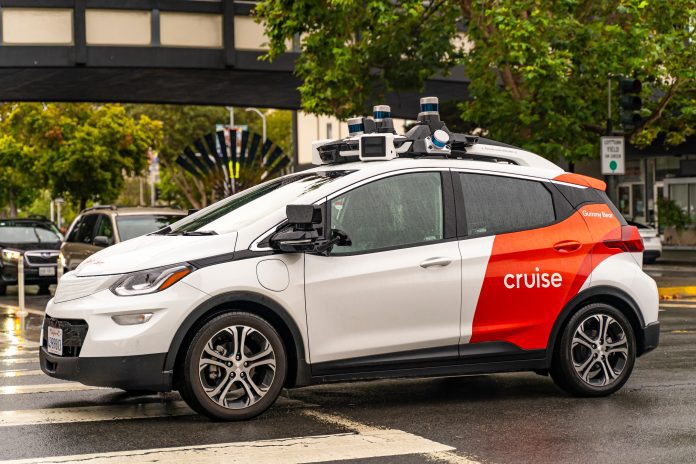Cruise, General Motors’ autonomous vehicle subsidiary, will begin offering its driverless vehicles on Uber’s ride-hailing platform starting next year as part of a multi-year partnership announced on Thursday. This collaboration marks a significant step for Cruise as it seeks to reestablish its presence on U.S. roads after a setback following a major accident in San Francisco last year. The partnership will allow Uber riders to opt for a trip in an autonomous cruise vehicle, expanding Uber’s existing autonomous ride-hailing offerings.
Cruise’s return to the market comes after the company was forced to halt operations last year due to safety concerns. Since then, it has resumed testing with safety drivers and is working closely with state and federal officials to demonstrate the safety of its technology. On Thursday, Cruise agreed to recall nearly 1,200 of its robotaxis due to issues with hard braking, a move that led the U.S. auto safety regulator to close its probe into the matter.
Uber, which has been offering driverless cars in Phoenix through a partnership with Alphabet’s Waymo since October last year, sees this new partnership with Cruise as a strategic expansion of its autonomous vehicle (AV) offerings. Uber’s CEO, Dara Khosrowshahi, highlighted the company’s unique position to help AV players scale their technology, citing a six-fold increase in trips by self-driving vehicles on Uber’s platform during the June quarter, thanks to partnerships with companies like Waymo and startup Waabi for freight services.
This partnership also arrives as Tesla’s CEO, Elon Musk, prepares to unveil delayed plans for a robotaxi product amid slowing demand for electric vehicles. The commercialization of autonomous vehicles has proven more challenging and time-consuming than initially expected, with significant technological hurdles, high investment costs, and intense regulatory scrutiny slowing progress.
Uber’s decision to sell its self-driving division in 2020 to focus on its core businesses of ride-hailing and food delivery now appears to be paying off, as the company leverages partnerships to remain at the forefront of the autonomous vehicle industry.




